Contents
Introduction: What is My Hero Academia?
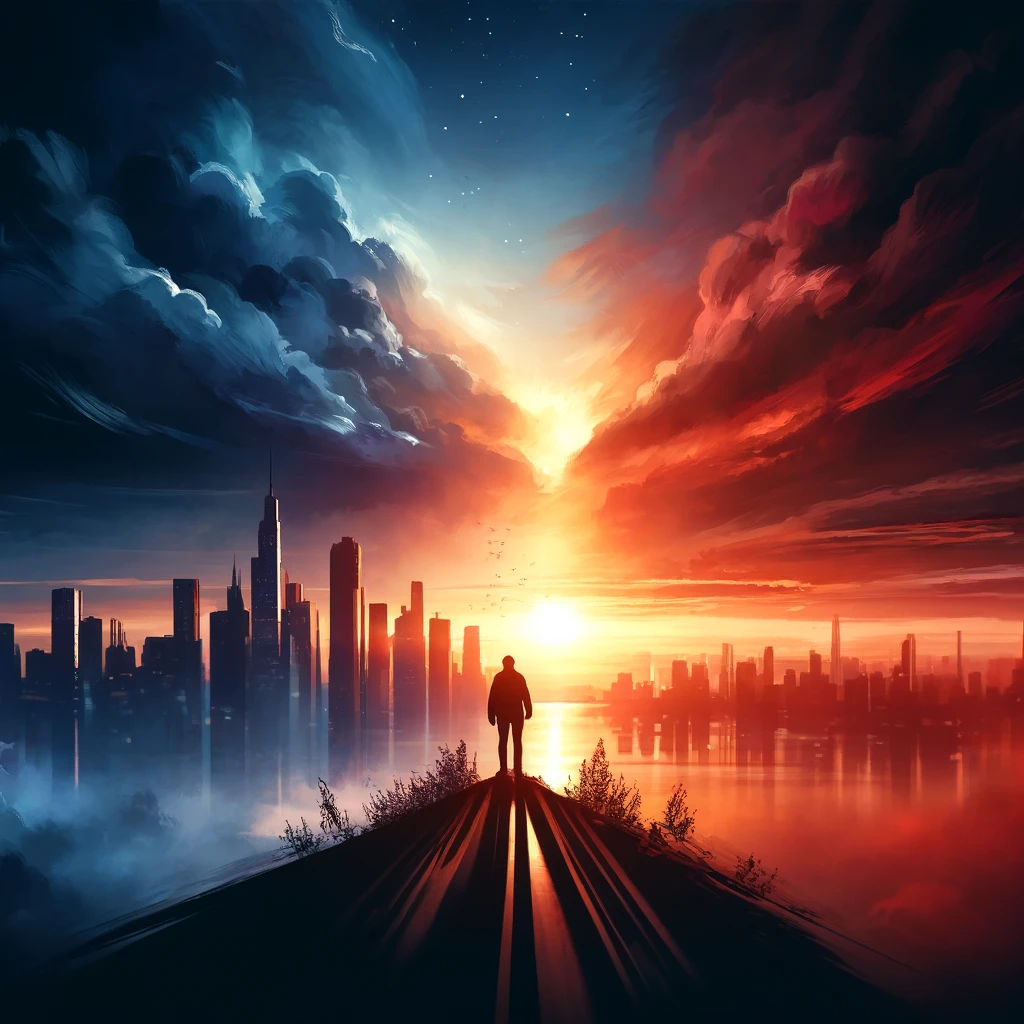
Have you ever wondered what it takes to be a hero? Well, "My Hero Academia" (MHA) is here to answer that question and much more. Set in a world where nearly everyone possesses a "Quirk" (a unique superpower), MHA follows the journey of Izuku Midoriya, a young boy born without a Quirk, who dreams of becoming a great hero like his idol, All Might. It’s an underdog story that has resonated with fans worldwide, and it’s not hard to see why.
"My Hero Academia" is more than just an anime about superheroes. It's a powerful exploration of personal growth, perseverance, and the constant battle between good and evil. With a rich cast of characters, each with their own strengths and weaknesses, the show dives deep into the concept of heroism—not just in terms of fighting villains, but in everyday struggles and emotional battles. Whether it’s a character learning to accept their limitations or pushing themselves to be better, MHA makes you feel that anyone can rise above their challenges.
What’s truly special about MHA is how it brings themes of heroism and personal growth into the forefront. Midoriya’s journey is all about determination. Despite being told he’s not cut out for heroism, he proves that heart and effort can outweigh even the greatest obstacles. His transformation into a hero isn’t easy, and it shows that becoming someone you admire takes time, hard work, and often, sacrifice. But it’s not just Midoriya—each character in MHA has their own personal journey, and you can’t help but root for them.
Another key theme that makes MHA stand out is the idea of overcoming adversity. Whether it’s dealing with self-doubt, fighting against injustice, or facing the harsh realities of the world, MHA portrays the real struggles we all face. The heroes in this story don’t have all the answers, and that’s what makes them so relatable. They stumble, they fall, but they always get back up. And that’s something we can all learn from.
"My Hero Academia" is not just an anime. It’s a story about fighting for your dreams, facing your fears, and becoming the best version of yourself—no matter the odds. So, if you're looking for a series that challenges you to think, grow, and feel, MHA is the one. Trust me, it’ll inspire you in ways you never imagined.
The World of Quirks: Understanding the Powers that Shape MHA
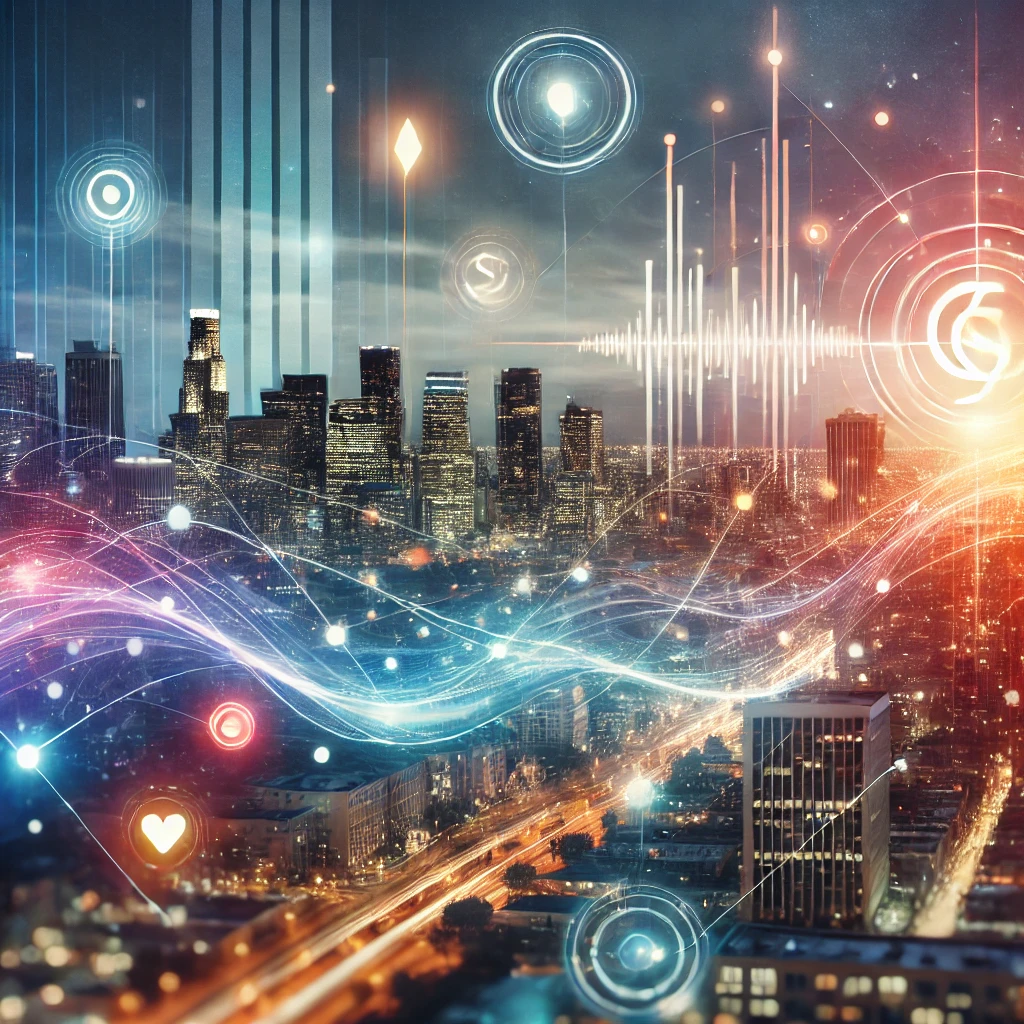
In the world of "My Hero Academia," Quirks are more than just superpowers—they define who people are. Imagine a society where nearly everyone has a special ability, something that makes them unique. From flying to super strength, the possibilities are endless. But just like in real life, some people are born with amazing Quirks, while others struggle with abilities that come with their own set of challenges.
So, what exactly are Quirks? Well, in the MHA universe, Quirks are genetic traits that give individuals special powers. These powers can range from something as cool as controlling fire or manipulating objects with the mind, to more unusual and less glamorous abilities. For example, one of the main characters, Ochaco Uraraka, has the ability to make things float, which sounds amazing until you realize it’s difficult to control, and she can end up making herself dizzy in the process. This kind of struggle is something a lot of characters face in MHA.
Quirks shape society in fundamental ways. They determine what jobs people can pursue, and how they are perceived by others. Heroes, of course, are the ones who use their Quirks to fight villains, protect civilians, and maintain peace. However, not all Quirks are suited for hero work. Take the character of Shinsou Hitoshi, for instance. His Quirk allows him to brainwash people who respond to his voice, but it’s often misunderstood as a manipulation power, causing others to doubt his true intentions. Despite being a talented and determined student, Shinsou faces the challenge of having his ability seen in a negative light.
And let’s not forget about the struggles that come with having a “weak” or even dangerous Quirk. Take Izuku Midoriya, the protagonist, who was born Quirkless. His dream was always to be a hero, but without a Quirk, that seemed impossible. It’s only when he inherits All Might's power that he finally gains the ability to fight alongside other heroes. But even then, controlling the immense power comes with its own set of difficulties, as his body isn’t built to handle the force.
MHA really delves into the emotional and personal impact of having a Quirk—whether it’s an incredible gift or a heavy burden. Characters like Tenya Iida, whose Quirk gives him speed but sometimes puts his safety at risk, and the explosive Bakugo, who can’t always control his fiery temperament, showcase how Quirks affect people’s daily lives. While some characters thrive with their powers, others struggle to find their place in a society where Quirks are everything.
In the end, “My Hero Academia” teaches us that whether you’re born with an extraordinary power or something more challenging, it’s how you choose to use it that defines who you are. Everyone, regardless of their Quirk, faces their own hurdles—but it’s the effort and the heart to overcome those challenges that makes them heroes.
The Heroes: Protagonists and Their Growth
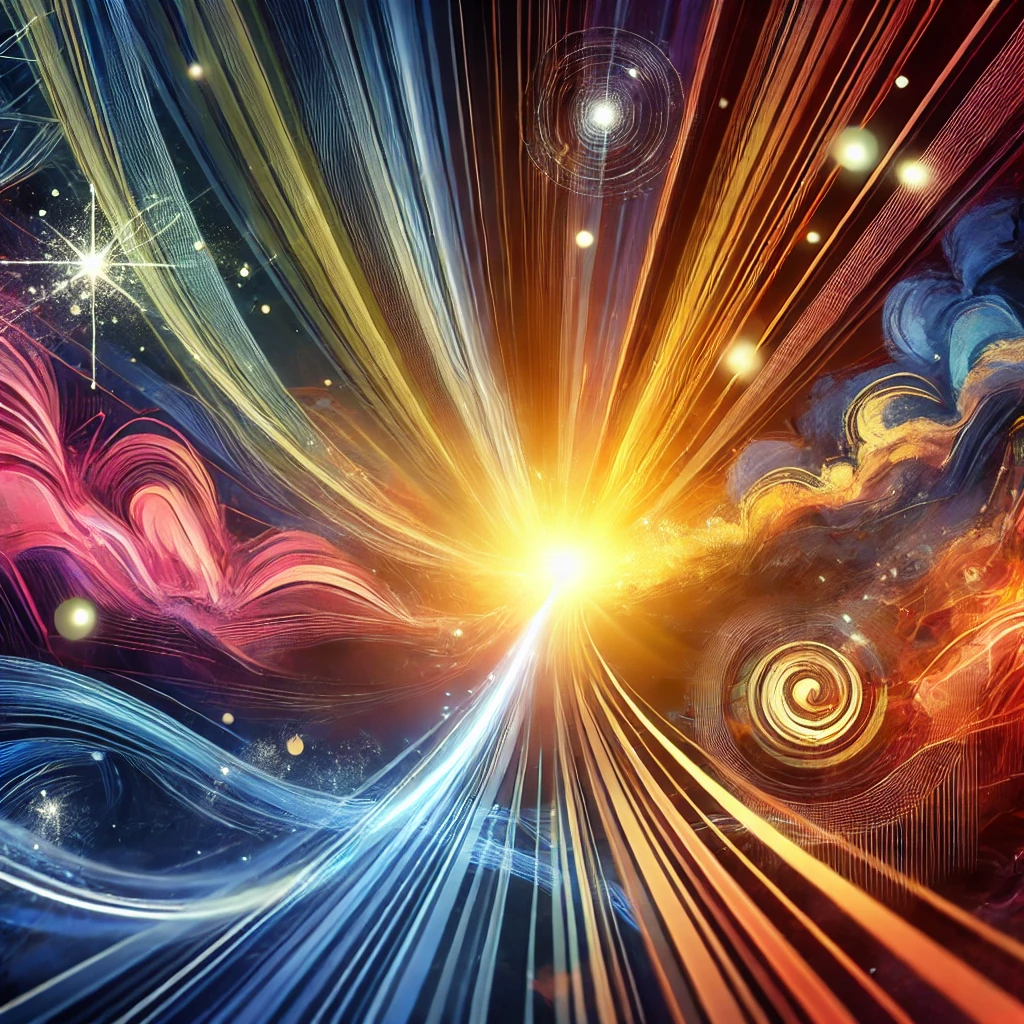
In "My Hero Academia," the journey of the main characters is nothing short of inspiring. At its heart, the series is about growth—both physical and emotional. The three main protagonists, Izuku Midoriya, All Might, and Bakugo, each start as underdogs but evolve into powerful heroes over time. Their personal journeys are filled with struggles, triumphs, and the ever-present desire to become the best versions of themselves.
First, let’s talk about Izuku Midoriya, the boy who begins as Quirkless in a world where everyone has superpowers. His dream of becoming a hero seems impossible at the start, and it’s heart-wrenching to watch him fight against the odds. But everything changes when he inherits All Might’s Quirk. From there, Midoriya’s path is full of growth and learning how to control his newfound power. The most remarkable thing about Midoriya is his relentless perseverance. Even when others doubt him, he pushes forward, constantly striving to prove that his heart and determination are what truly make a hero.
Then we have All Might, the symbol of peace and the hero who once held unmatched power. His role in Midoriya’s life is pivotal—not only does he pass on his Quirk, but he also becomes a mentor, guiding Midoriya through his journey. All Might’s own evolution is also fascinating. Once an invincible hero, All Might’s battle with his own limitations and the eventual loss of his physical strength makes him more relatable. His shift from being the mighty figure everyone looked up to, to a more vulnerable and human mentor, is a crucial aspect of his growth.
And of course, there's Katsuki Bakugo, the fiery and competitive classmate who’s initially seen as arrogant and overconfident. His journey is particularly intriguing because he’s already a powerful character at the start, but his growth comes in understanding his emotions and his place among the other heroes. Bakugo’s pride often leads him into conflict, especially with Midoriya, whom he initially sees as weak. However, as the series progresses, Bakugo learns to channel his aggression, respect others, and realize that being a hero isn't just about strength—it’s also about teamwork, compassion, and humility.
The relationships between these three characters evolve significantly throughout the series. Midoriya, who initially idolizes All Might, comes to see him as a mentor and a friend. The bond between them grows stronger as Midoriya learns from All Might’s struggles, and in turn, starts to take on the mantle of heroism himself. On the other hand, Midoriya’s relationship with Bakugo begins with rivalry and tension, but over time, they develop a deeper mutual respect. While Bakugo still has a competitive edge, his journey shows a shift toward understanding that heroism isn’t just about being the best—it’s about standing by others and helping them grow as well.
In the end, the growth of these three characters—Izuku Midoriya, All Might, and Bakugo—illustrates what it truly means to be a hero. It’s not just about the powers you hold or the battles you win, but about the personal growth, relationships, and sacrifices that shape who you are. Each of them has their own path, filled with obstacles, but together, they show us that becoming a hero is a journey of growth, understanding, and unwavering determination.
The Villains: Analyzing the Dark Side of MHA
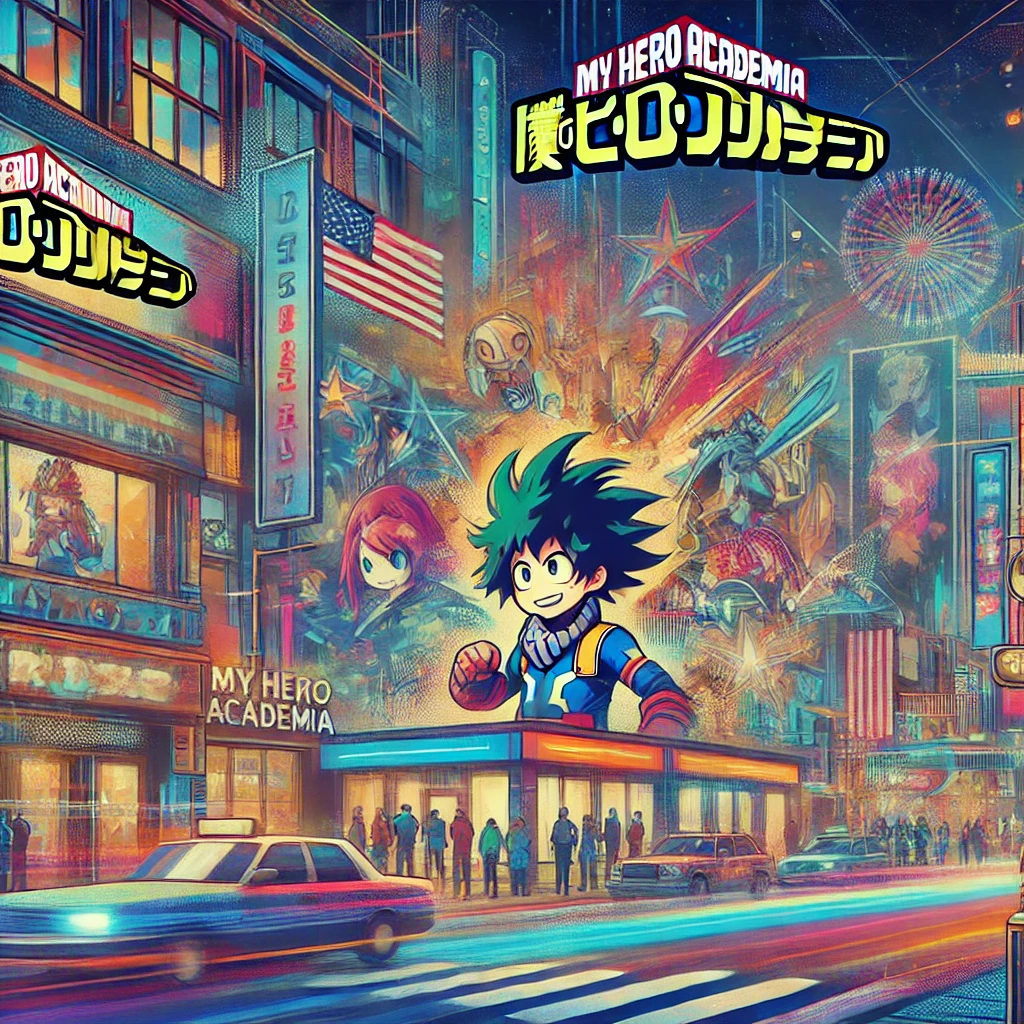
In every story about heroes, there’s always the question of what defines a villain. In "My Hero Academia," the villains aren’t just there to oppose the heroes—they have complex motives and philosophies that make them more than one-dimensional antagonists. One of the most prominent villainous figures is Tomura Shigaraki, the leader of the League of Villains. Alongside him, we see a range of other villains who each have their own stories and reasons for challenging the heroes.
Shigaraki’s character is deeply rooted in tragedy. Born as Tenko Shimura, he experienced immense pain and loss that shaped him into the person he is today. His journey is marked by anger and a desire to destroy everything he perceives as corrupt, which is most notably the society that praises heroes above all else. Shigaraki’s ultimate goal is to tear down the system that elevates heroes while leaving people like him in the shadows. His belief in chaos and destruction makes him a dangerous force, and his power grows as he garners followers who share his ideals. He’s not just fighting to be “the bad guy” — he’s fighting to create a world that aligns with his warped sense of justice.
Alongside Shigaraki stands the League of Villains, a group of individuals who each have their own reasons for joining his cause. Characters like Dabi, Toga, and Twice are not simply evil for the sake of being evil; they are driven by past trauma, a desire for freedom, or a need for acceptance. Take Toga, for example, who is fascinated by blood and obsessed with becoming the person she admires. She’s not just a villain—she’s a victim of society’s neglect and its failure to understand her. These personal motivations are what make the villains in MHA so compelling. They show that not all antagonists are born from pure evil—they often stem from deep emotional pain or a twisted sense of justice.
The contrast between heroes and villains in MHA enriches the story in powerful ways. While the heroes fight for peace and the protection of society, the villains challenge this very notion, believing that the current system is broken. This dichotomy forces the audience to question what truly defines a hero. Is it the ability to protect others, or the will to break free from a system that holds you down? In a world where power is often the deciding factor, MHA explores how people use their Quirks—whether for good or evil—to shape the future.
The villains in MHA aren’t mere obstacles for the heroes to overcome—they challenge the very ideals that the heroes hold dear. The clash between heroes and villains isn’t just physical; it’s ideological. As the heroes grow, so do the villains, and their battles are about much more than just winning or losing—they’re about defining what kind of world both sides want to live in.
By presenting the villains as complex, multi-dimensional characters, MHA shows us that the line between heroism and villainy is often blurred. It’s a constant reminder that everyone has their own motivations and that sometimes, the villain’s perspective is rooted in pain, misunderstanding, or a desire for change. This depth adds layers to the story, making every confrontation not just an action-packed fight, but a clash of ideologies that shapes the future of the world.
Why "My Hero Academia" Resonates with Fans Around the World
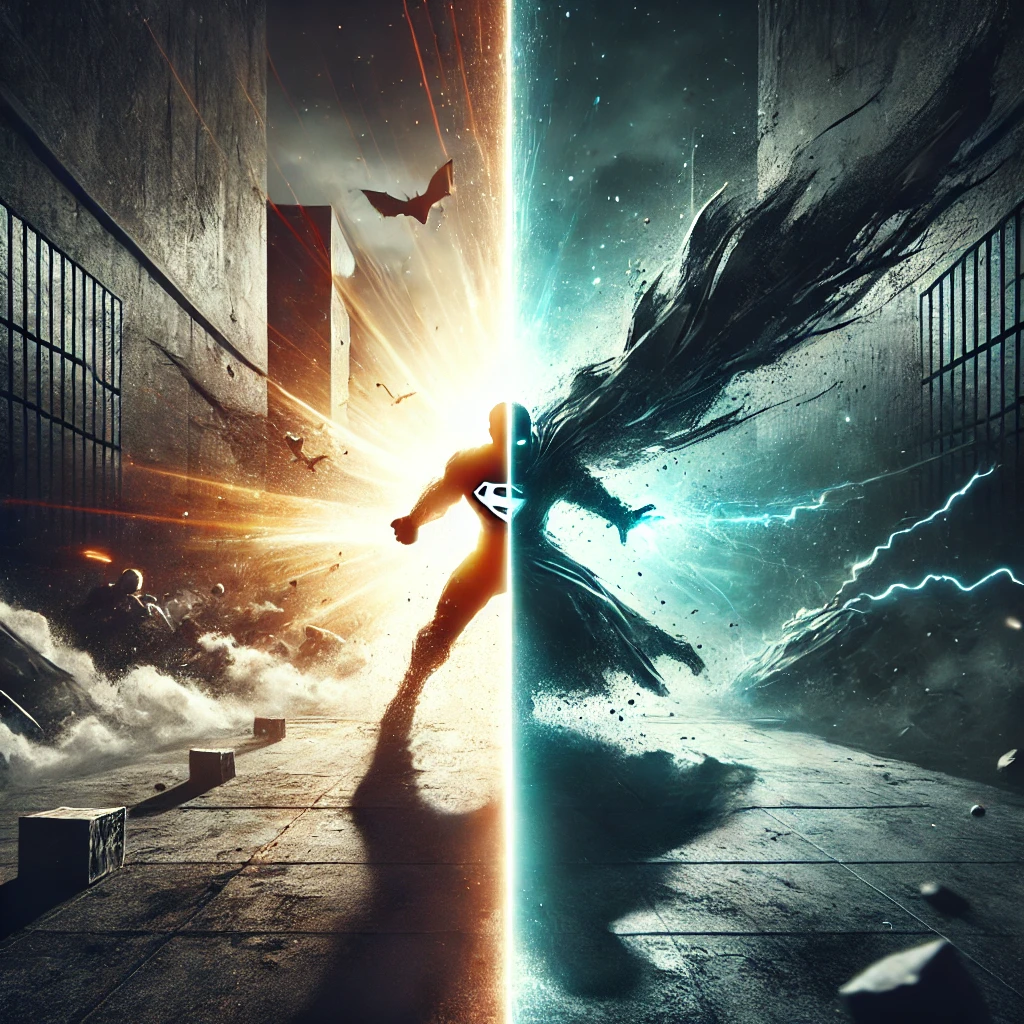
My Hero Academia" (MHA) has captured the hearts of millions across the globe, and it’s easy to see why. At its core, the series touches on universal themes like perseverance, friendship, and justice, themes that resonate deeply with audiences no matter where they come from. But it’s not just these themes that make MHA so compelling—it’s the way the series blends action, humor, and emotional depth that truly sets it apart.
Let’s start with perseverance. From the very beginning, MHA shows us that becoming a hero isn’t easy. Take Izuku Midoriya, for example. He starts off as a Quirkless boy in a world full of powerful individuals, but through sheer determination and hard work, he makes his dream of becoming a hero a reality. His journey is filled with setbacks, but it’s his relentless drive that makes him so relatable. We’ve all faced challenges, and watching Midoriya push through his obstacles makes us believe we can do the same in our own lives.
Then, there’s the theme of friendship. In MHA, the bonds between characters are incredibly strong, whether it’s between classmates, mentors, or even rivals. The relationships in the series are built on mutual respect, trust, and the understanding that, sometimes, we need to rely on each other. Characters like Midoriya and Bakugo start off with a tense rivalry, but over time, they develop a deeper understanding of each other’s strengths and weaknesses. This growth in their friendship is not just heartwarming, it’s a reminder that people can change and grow together, even if they start off as enemies.
The theme of justice also plays a huge role in MHA’s universal appeal. The series frequently asks difficult questions about what it truly means to be a hero. Is it just about having power? Or is it about using that power for the greater good? Throughout the story, we see characters wrestle with their own definitions of justice, and this creates a thought-provoking dialogue about morality and responsibility. The heroes and villains are both fighting for what they believe is right, which makes us question what is truly just in the world.
MHA is also incredibly successful at blending action, humor, and emotional depth. The action scenes are intense and thrilling, often leaving viewers on the edge of their seats. But just when you think the series is all about the next big fight, it pulls you in with moments of humor or deep emotional development. Whether it’s the quirky antics of characters like All Might or the emotional struggles of Midoriya, the series knows how to balance lighthearted moments with serious themes, keeping fans engaged on every level.
And let’s not forget the impact MHA has had on pop culture. It’s more than just an anime—it’s a global phenomenon. The series has spawned a range of successful films, merchandise, and spin-offs, with fans flocking to conventions and online spaces to celebrate their love for the characters and the world they live in. The success of MHA is undeniable, and its influence can be seen in everything from fashion to gaming, making it one of the most iconic anime of our time.
In conclusion, "My Hero Academia" resonates with fans around the world because it’s a series that speaks to the struggles, triumphs, and relationships we all experience. Through its themes of perseverance, friendship, and justice, its blend of action and humor, and its massive cultural impact, MHA has become a defining part of modern pop culture. It’s a show that reminds us all that no matter the odds, we can always strive to be heroes in our own lives.